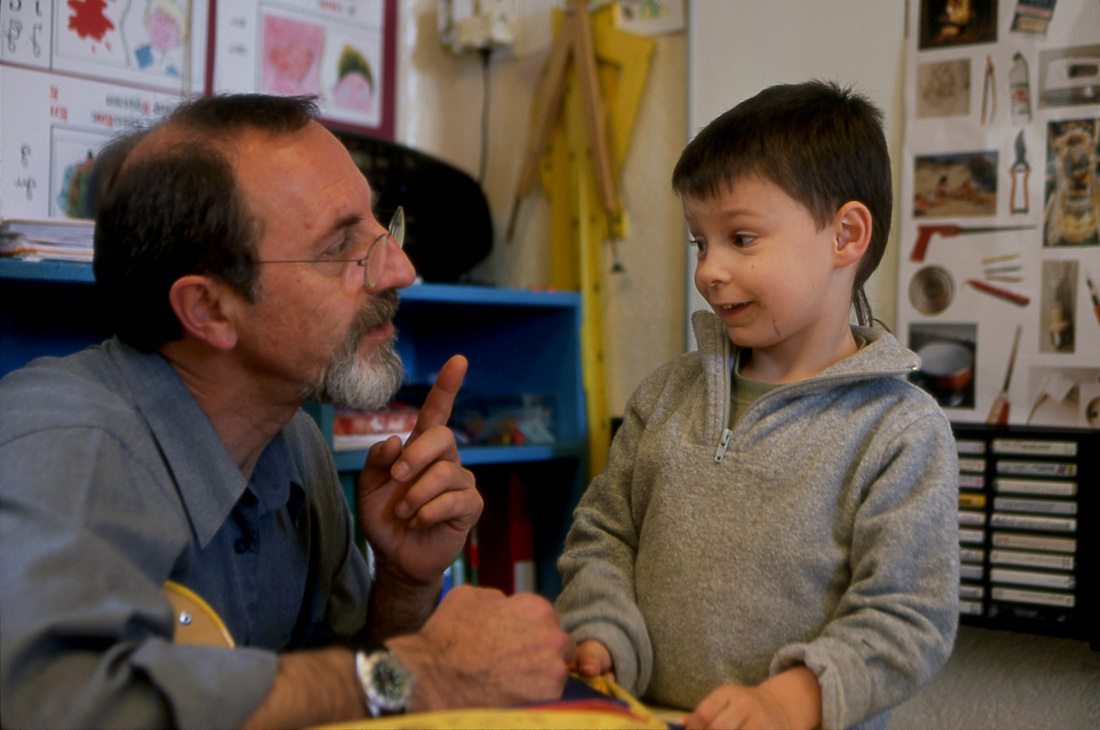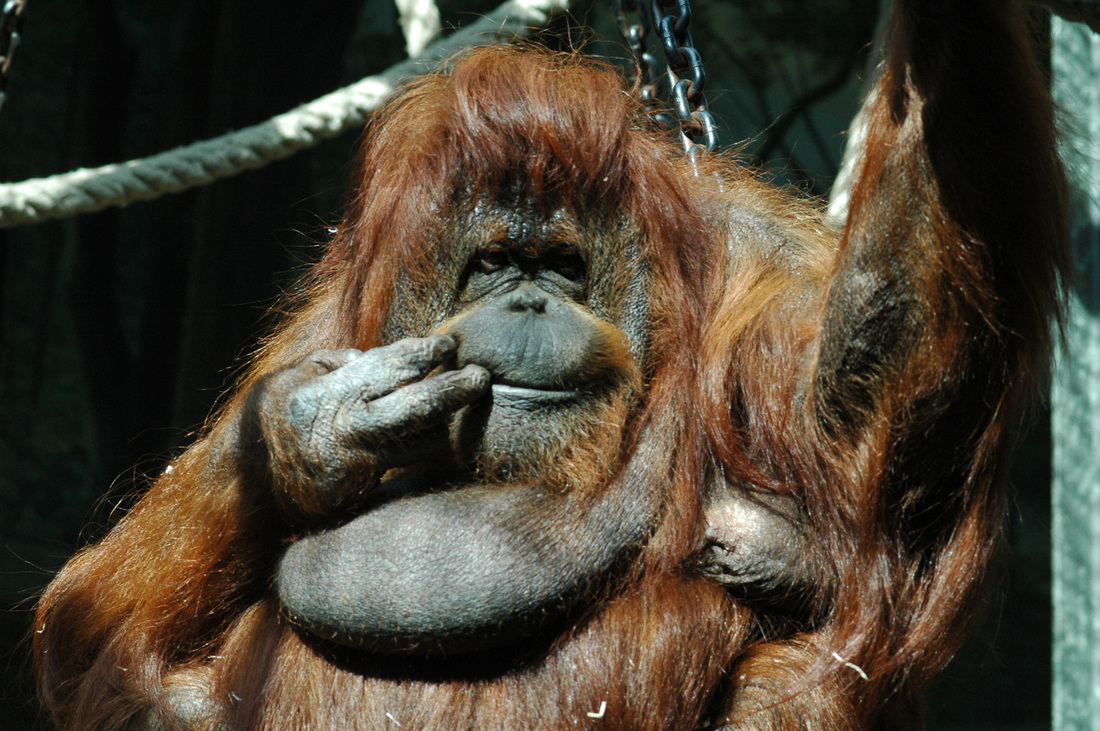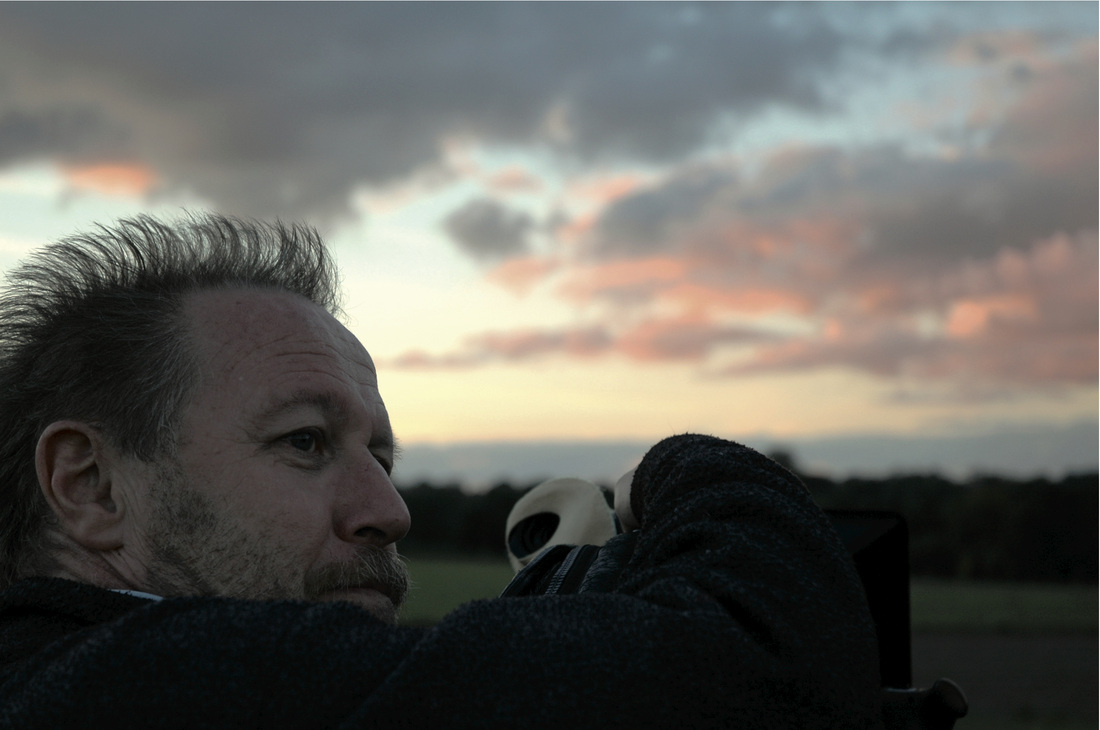4 July 2011
Nicolas Philibert’s first three films in the collection are tone poems – no context, just dropping the audience into proceedings. Little narrative. No direct to camera interviews (bar one). I think they are an acquired taste. I’m not a fan.
ETRE ET AVOIR
How entertaining? ★★☆☆☆
Thought provoking? ★★☆☆☆
Thought provoking? ★★☆☆☆
To Be and to Have. A look at teacher George Lopez and his school, consisting of less than a dozen children. We start in winter and move through the four seasons in an unusual setting. There are two sets of age groups – infant and junior. He teaches them in the same room. Apart from the relaxed and nurturing atmosphere, this seems like a school from a different era. There are laughter and tears as we slowly get to know the students and tutor. This is like a social experiment; but without contextualisation, the movie feels like a wasted opportunity to analyse how such an educational institution arises and sustains itself.
NENETTE
How entertaining? ★★☆☆☆
Thought provoking? ★★☆☆☆
Thought provoking? ★★☆☆☆
The titular focus is an orang-utan born in Borneo in 1969. She has been in captivity since 1972, residing in the Jardins des Plantes, Paris. Nenette has outlived three “husbands”. She seems so bored. It is tragic to look at. Shooting is done outside the enclosure with off-camera observations from her keepers and visitors. They provide an overview as well as specific commentary. It is dull, and feels cheap – just filming sedentary animals. For better or worse, this is more like an experimental documentary.
LA VILLE LOUVRE
How entertaining? ★★☆☆☆
Thought provoking? ★★☆☆☆
Thought provoking? ★★☆☆☆
Louvre City. Interesting camera-work – fluid, energetic – see Nicolas, you can do it! This is an insight into a world class museum. We watch the day-to-day routines unfold for putting on an exhibition – from builders and curators, to gilders and movers. The minutiae are explored, snippets revealed of professionals at work. The music is sporadic, and the movie would’ve benefitted with having a score to greater captivate. Too many of those captured in front of the camera seem to be grandstanding. Almost reasonably satisfying.
BACK TO NORMANDY
How entertaining? ★★★☆☆
Thought provoking? ★★☆☆☆
Thought provoking? ★★☆☆☆
“This film’s origins lie in another”. That film is Moi, Pierre Rivière, ayant égorgé ma mère, ma soeur et mon frère... (from 1976), where Philibert was assistant director to René Alliol; who made it in Normandy about a man who murders three members of his family in 1835. It was shot using local famers and their families. Philibert comes back 30 years later to see what happened to them; and explore their recollections and the perceived impact the film had. This is the most conventional documentary out of the four, using clips, stills, interviews and the director even makes a rare appearance. I saw this originally at the British Film Institute, and then, like now, it would’ve been nice to have had a double-bill with the original. However, enough background is provided for this desire to be for completists, rather than a necessity. This is the most rewarding of the four.





